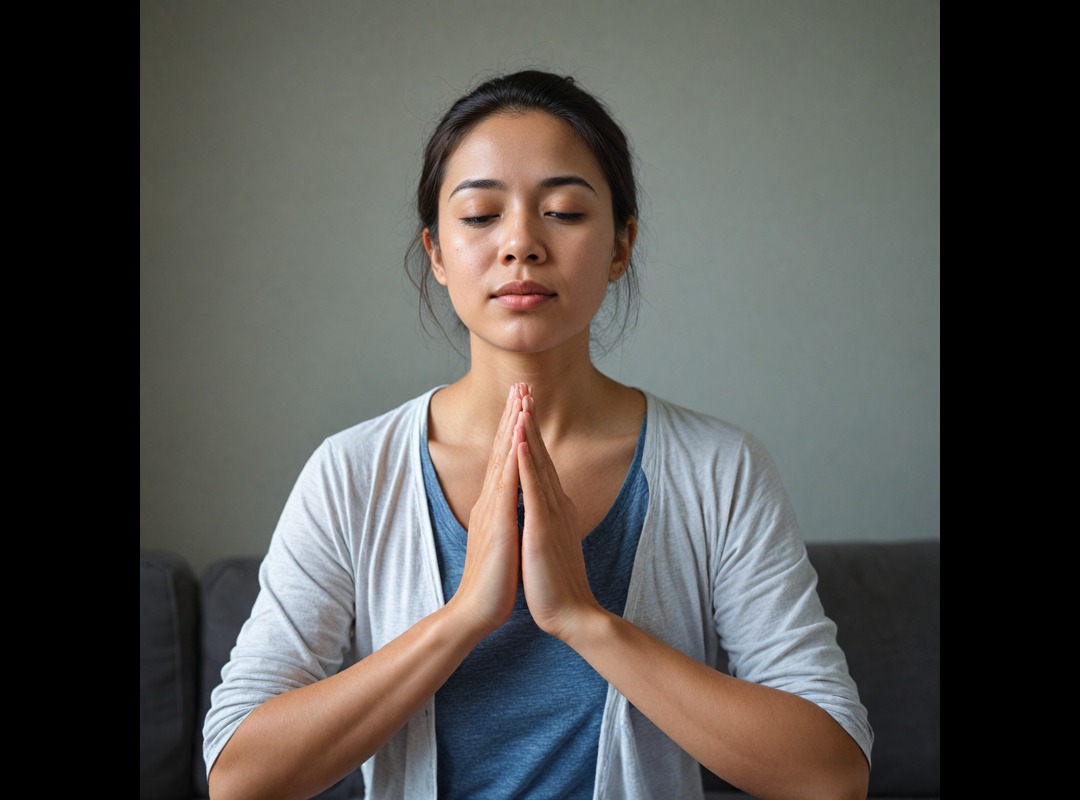We all face stress and anxiety at various points in our lives, whether from work deadlines, personal issues, or the sheer pace of daily living. During these challenging moments, having effective tools to help us relax and regain our sense of calm is crucial. One such powerful tool is breathing exercises, which can offer profound benefits for both our mental and physical well-being.
Understanding Breathing Exercises
Breathing exercises involve controlled breathing techniques designed to help manage stress and anxiety. When we’re stressed, our breathing tends to become shallow and rapid, which activates the body’s fight-or-flight response. By practicing breathing exercises, we can counteract this response and signal our brain to relax, helping to calm both mind and body.
Deep Abdominal Breathing
A fundamental technique is deep abdominal breathing. This exercise requires you to inhale slowly through your nose, allowing your belly to expand fully, and then exhale slowly through your mouth. By focusing on expanding the abdomen rather than the chest, you ensure deep, full breaths that maximize oxygen intake. This method helps lower the heart rate, reduce blood pressure, and promote a sense of tranquility.
Equal Breathing (Square Breathing)
Another effective method is equal breathing, also known as “square breathing.” This technique involves inhaling through the nose for a count of four, holding the breath for a count of four, exhaling through the mouth for a count of four, and holding again for a count of four. Repeating this cycle creates a steady, rhythmic pattern that calms and centers the mind, making it easier to focus and relax.
Practical Applications
Breathing exercises are highly versatile and can be practiced anywhere at any time. Whether you’re at your desk, on a walk, or lying in bed, dedicating a few moments to focusing on your breath can significantly impact how you feel. For instance, if you’re feeling overwhelmed at work, taking a brief pause to engage in deep breathing can help you approach tasks with renewed clarity and composure.
Scientific Backing
The benefits of breathing exercises are supported by scientific research. Studies have demonstrated that deep breathing activates the parasympathetic nervous system, which reduces stress and fosters relaxation. Furthermore, controlled breathing has been shown to increase oxygen levels in the brain, enhancing cognitive function and improving mood and focus.
Emotional Resilience
Breathing exercises are also linked to improved emotional resilience and regulation. By practicing these techniques, you can train yourself to respond more calmly and mindfully to stressful situations. This can be particularly advantageous for individuals dealing with anxiety or depression, offering a practical tool to manage symptoms and improve overall emotional well-being.
Accessibility and Simplicity
One of the greatest advantages of breathing exercises is their simplicity and accessibility. These techniques are suitable for individuals of all ages, fitness levels, and locations. Whether you’re a busy professional, a student, or a parent, taking a moment to focus on your breath can provide immediate relief and enhance your ability to navigate daily challenges with greater ease.
Incorporating Breathing Exercises into Your Routine
The next time you find yourself feeling stressed or overwhelmed, consider taking a moment to practice a breathing exercise. It might be the brief pause you need to reset and regain focus, helping you approach life’s demands with renewed calm and clarity. Remember, the power of a few deep breaths can make a significant difference in your overall well-being.


